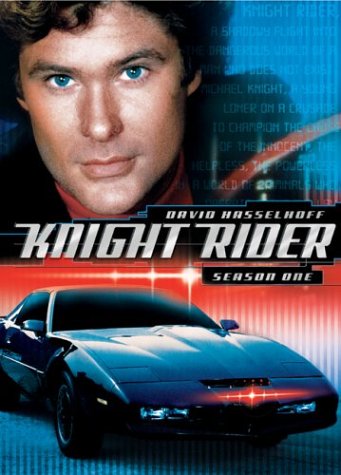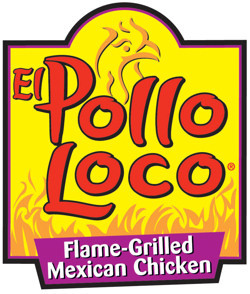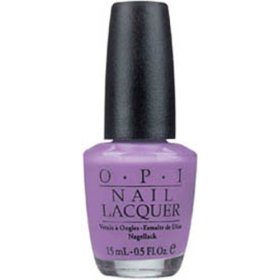Los Angeles, CA – The Wild Wild West. A trademark lawsuit gun fight, a duel, if you will, has ensued between John Rigby & Co. (Gunmakers), Inc. of California and John Rigby & Co. (Gunmakers), Ltd. of United Kingdom. Plaintiff makes rifles, shotguns and ammunition which it markets under the following USPTO registered trademarks: John Rigby & Co., Rigby’s, and JR Est. 1735. Plaintiff has also registered its trademarks in the United Kingdom. Plaintiff and its predecessors have made guns since the 1700’s and allege that “Rigby’s quality and reliability has been such that John Rigby & Co. has received Royal Warrants from five British Monarchs dating from the Eighteenth Century to the present day.” A copy of the complaint is available here.
Some of Plaintiff’s guns are priced as “Starting at $47,500.” Defendant allegedly sells custom made rifles and shotguns under the John Rigby & Co. and JNO. Rigby & Co marks and have registered the domain name www.johnrigbylondon.com. Plaintiff alleges that Defendants were aware of Plaintiff’s marks, but “deliberately, willfully, and maliciously used the John Rigby & Co. Marks in order to trade on the goodwill that Plaintiff has attained.” The complaint asserts the following causes of action: (1) Federal trademark infringement under 15 U.S.C. § 1114; (2) False designation of origin and unfair competition under section 43(a) of the Lanham Act, 15 U.S.C. § 1125(a); (3) California trademark infringement; (4) Federal and California trademark dilution; and (5) Unfair competition under California Bus. & Prof. Code § 17200. The case is John Rigby & Co. (Gunmakers), Inc. v. John Rigby & Co. (Gunmakers), Ltd., et al., CV09-06429 VBF (C.D. Cal. 2009).
 Los Angeles Intellectual Property Trademark Attorney Blog
Los Angeles Intellectual Property Trademark Attorney Blog



 Los Angeles, CA – Wanderlust Media files a trademark infringement and breach of contract lawsuit to prevent a former licensee, Mio Technology, from using KITT’s voice and other deliverables in personal navigation devices (“PND”). Wanderlust licenses and sells certain customized celebrity voices for use in GPS and PND systems. Wanderlust has obtained rights from Universal Studios of certain elements associated with the classic live-action television series entitled “Knight Rider,” including the voice of William Daniels as “K.I.T.T.” – the true star of the show. Sorry David Hasselhoff, but K.I.T.T.’s got the talent, America.
Los Angeles, CA – Wanderlust Media files a trademark infringement and breach of contract lawsuit to prevent a former licensee, Mio Technology, from using KITT’s voice and other deliverables in personal navigation devices (“PND”). Wanderlust licenses and sells certain customized celebrity voices for use in GPS and PND systems. Wanderlust has obtained rights from Universal Studios of certain elements associated with the classic live-action television series entitled “Knight Rider,” including the voice of William Daniels as “K.I.T.T.” – the true star of the show. Sorry David Hasselhoff, but K.I.T.T.’s got the talent, America.





